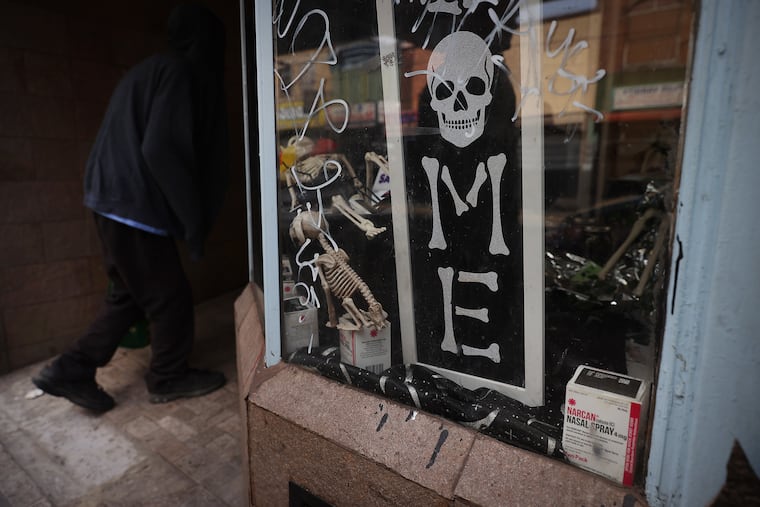Cameroon excludes key opponent from presidential election against long-standing leader.

Cameroon’s election landscape has taken a notable turn following the electoral commission’s decision to exclude Maurice Kamto, a prominent political rival to incumbent President Paul Biya, from the upcoming presidential election. This development has raised concerns about possible unrest in the West African nation, which has a rich tapestry of political engagement and history.
During a recent press conference, the head of Elections Cameroon (ELECAM) announced a list of 13 approved candidates, notably absenting Kamto from the lineup. Details surrounding the reasons for his exclusion were not disclosed, leaving open the possibility for appeals within a designated two-day period.
Maurice Kamto, 71, who positioned himself as a formidable opponent in past elections, notably garnered 14 percent of the vote in the 2018 election, placing him second behind Biya, who secured over 70 percent amid allegations of electoral fraud and diminished voter turnout. Kamto aimed to participate this election cycle under the banner of the African Movement for New Independence and Democracy (MANIDEM), building on his earlier campaign as the head of the Cameroon Renaissance Movement (MRC), a party he founded in 2012.
The announcement of the candidate list, which included proposals from 83 individuals, has intensified fears of potential protests and civil unrest. In preparations for possible demonstrations, security forces have been deployed in strategic locations, particularly around ELECAM headquarters and major routes in the capital city, Yaoundé, and Douala, the economic heartbeat of Cameroon.
In anticipation of the imminent election, slated for October 12, the United Nations Department of Safety and Security highlighted the potential for unrest, urging caution as emotions rise within the citizenry. The definitive list of candidates will be finalized after assessments are made regarding the provisional entries.
President Paul Biya, currently aged 92 and recognized internationally as the world’s oldest serving head of state, remains a controversial figure in Cameroon’s political narrative. Having held power since 1982, his leadership has undeniably shaped the nation. Despite facing challenges, including allegations of corruption and the ongoing crisis in the English-speaking regions, Biya’s government continues to navigate these complexities as he seeks re-election.
Among the other candidates approved are former Prime Minister Bello Bouba Maigari and Issa Tchiroma Bakary, highlighting a competitive electoral landscape in which various political factions seek the support of an engaged electorate.
As Cameroon moves closer to the election date, the focus remains on maintaining political stability and fostering a climate conducive to democratic expression, reflecting the resilience and aspirations of its people.
#PoliticsNews #AfricaNews






